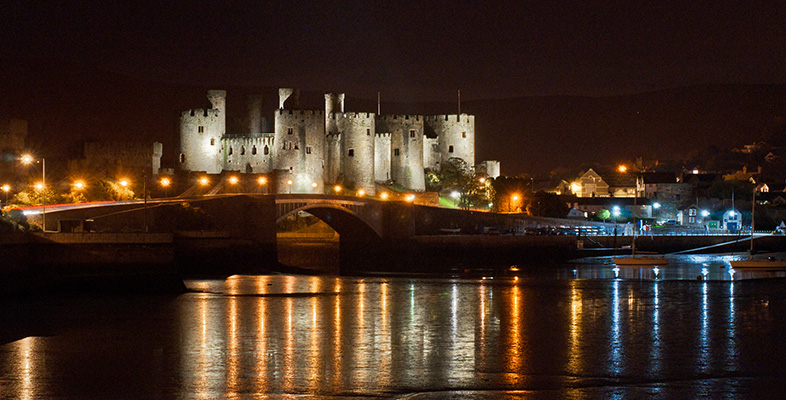9.2.1 An S4C drama revival
Sianel Pedwar Cymru (S4C), the television channel set up in Wales in 1982 to provide a service in the Welsh language has commissioned several drama series in the last decade that have, at the very least, opened up the range of ways in which drama represents life in which Welsh is the dominant language.
Among the most prominent drama productions on S4C that have fundamentally altered many people’s perception of the channel’s image are: Fondue, Sex and Dinosaurs (2002–3), Caerdydd (2004), Con Passionate (2005–8) and Y Pris (2008–9). Though they are all very different, the common thread running through these and a number of other series is the sense of newly confident and, predominantly, young Wales.
Conversely, one of S4C’s most successful dramas of the period – Con Passionate– used a central idea that has frequently been associated with Wales in the past and has changed in significance for the representation of Wales in the present. An interview with the writer of the programme indicates this when she says ‘I was eager to take an iconic image of Wales, such as a male voice choir and use it as a backdrop to say something about contemporary Wales’ (Con Passionate, 2009).
Though less formally inventive than Con Passionate, Caerdydd’s four series have foregrounded the way that the Welsh capital has changed and become home to a class of young flat-dwellers with lifestyles associated with Europe’s growing city culture. While the programme has not been to all tastes, in terms of the representation of Welsh-speaking Wales, it is a fundamental change to see a long-running drama set amongst the flats, bars and nightclubs of Cardiff rather than predominantly in rural Wales.
Y Pris, dubbed ‘The Sopranos by the seaside’ is in some ways a familiar tale of organised crime, but the twist is that it is set in Carmarthenshire. Like the other series discussed here, its use of Welsh within a highly contemporary fictional structure contributes to an extension of the way that this dimension of contemporary Welsh life is re-imagined.
What these S4C dramas have to say individually is possibly less significant than the fact that they signal the capacity of the Welsh language to be used in highly contemporary dramatic contexts. In turn, they represent Wales as a bi-lingual country with many different identities rather than the outmoded idea that the Welsh language is the province of the rural north and west.
If by far and away the longest running drama on S4C remains Pobol y Cwm (which began in 1974), the drama of rural village life made by BBC Cymru Wales for S4C, the channel can now claim with some conviction to have commissioned a range of work that suggests that Welsh is no longer confined to its former heartlands.
